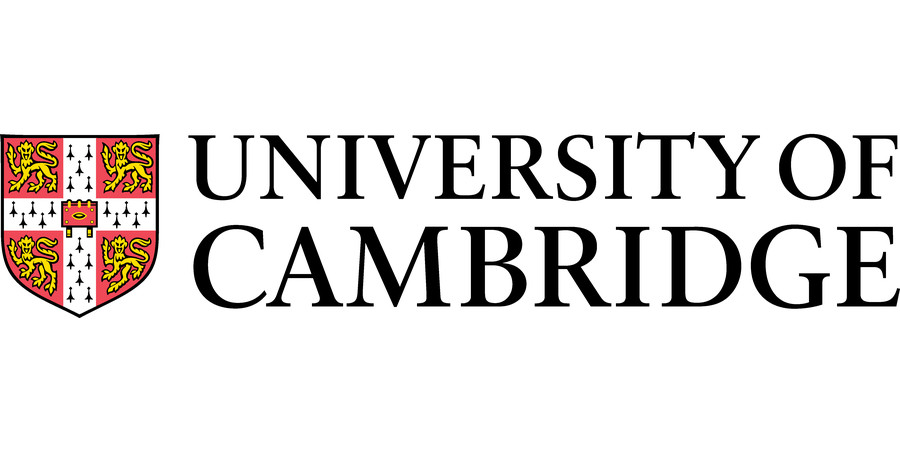Research Assistant / Research Associate (Fixed Term)
University of Cambridge - Department of Medicine
| Location: | Cambridge |
|---|---|
| Salary: | £33,002 to £46,049 per annum |
| Hours: | Full Time |
| Contract Type: | Fixed-Term/Contract |
| Placed On: | 17th October 2025 |
|---|---|
| Closes: | 31st October 2025 |
| Job Ref: | RC47658 |
Research Assistant / Research Associate in Genetic interrogation of the ubiquitin-proteasome system (Fixed Term)
Department of Medicine
Salary: Research Assistant £34,610 - £35,608 Research Associate £37,694 - £46,049
We are looking for a talented scientist to join the laboratory led by Dr. Richard Timms based in the Cambridge Institute of Therapeutic Immunology and Infectious Disease (CITIID).
The Timms lab applies the latest genetic technologies to identify novel functions for human genes. Our focus is the ubiquitin-proteasome system, where we seek to (1) identify substrates for E3 ubiquitin ligases, (2) characterise the molecular features that enable selective substrate recognition, and (3) explore how these processes are corrupted in the context of viral infection and autoimmune disease.
We exploit a range of high-throughput genetic screening techniques to uncover novel pathways regulated by the ubiquitin system. We measure the stability of GFP-tagged proteins by performing expression screens in human cells, using either a human ORFeome library comprising ~14,000 barcoded human ORFs or custom libraries generated through microarray-based oligonucleotide synthesis, and identify the cellular machinery involved by combining these expression screens with loss-of-function CRISPR/Cas9 screens. Detailed follow-up of individual pathways of interest is achieved through a variety of standard genetic and biochemical approaches.
Recent publications relevant to this position include:
Timms RT et al. (2023) Defining E3 ligase substrate relationships through multiplex CRISPR screening. Nature Cell Biology, 25: 1535-1545.
Timms RT et al. (2019) A glycine-specific N-degron pathway mediates the quality control of protein N-myristoylation. Science, 365 (6448): eaaw4912.
Koren I, Timms RT et al. (2018) The Eukaryotic Proteome Is Shaped by E3 Ubiquitin Ligases Targeting C-Terminal Degrons. Cell, 173 (7): 1622-1635.
For more information, visit https://www.timmslab.com
The successful candidate will be a highly motivated, enthusiastic and industrious individual who is capable of thinking and working independently. They will be passionate about genetics, eager to tackle difficult problems and be excited to develop novel experimental approaches to study gene function. Proven expertise deploying large-scale expression screens and genome-wide CRISPR screens is essential, together with experience with associated techniques (mammalian cell culture, lentiviral transduction, flow cytometry and FACS, Illumina sequencing and bioinformatic data analysis.
You should have (or be close to completion of) a PhD in molecular/cell biology. You will play a key role in a small team, and so a friendly and collegial attitude is crucial.
For further details or informal enquiries please contact Richard Timms via email (rtt20@cam.ac.uk)
Fixed term: The funds for this post are available for 1 year in the first instance.
Appointment at Research Associate level (Grade 7) is dependent upon having been awarded their PhD. Those who have submitted but not yet had their PhD conferred will be appointed as a Research Assistant (Grade 5). Upon award the successful candidate will transfer to a Research Associate position.
To apply online and to view further information, click the 'Apply' button above.
To apply online for this vacancy, please visit: http://www.jobs.cam.ac.uk/job/rc47658. Please upload your CV, including the contact details of at least two referees. You should also include a covering letter outlining your research interests, areas of expertise and the reasons why you would like to join the lab.
Closing date: 31st October 2025
The University actively supports equality, diversity and inclusion and encourages applications from all sections of society. The University has a responsibility to ensure that all employees are eligible to live and work in the UK.
Benefits include generous maternity/paternity leave, flexible working and funds for returning carers and other family-friendly schemes.
Advert information
Type / Role:
Subject Area(s):
Location(s):









